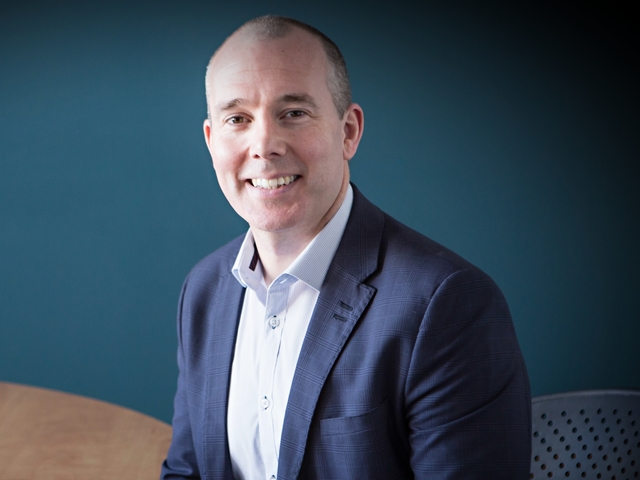ADD/ADHD symptoms
Attention deficit hyperactivity disorder (ADHD) or attention deficit disorder (ADD) can look different across different people. Common symptoms include hyperactivity, impulsivity and inattention.
These symptoms will appear in many areas of life, including school, home and with friends. Symptoms may seem worse when your child is stressed, tired, hungry, or is faced with an obstacle, even a small one. It may become a bigger problem as your child progresses through school.
A stressful morning routine
You’re rushing to get everyone out the door, getting teeth brushed and lunches in school bags. Everyone is stressed, and the shouting and arguing begins. Parents often report highly variable behaviour to us at the clinic. One day the argument escalates, the next day it doesn’t. This is often the hardest thing to deal with. People will say “he’s just being bold”. You know intuitively that’s not true, but you struggle to understand and predict behaviour.
Your child may be impulsive, disorganised, easily annoyed and hyperactive. They may also be very hard on themselves. They can’t control their temper, for example, and lash out. Afterwards, there’s remorse and guilt, and in a quiet time your child says things like “I don’t know why I hit my sister” or “I’m just stupid”. You see their confidence taking a hit as they struggle to understand what is going on. They may find it difficult to maintain friends, and this hits self-esteem even further.
The ADHD/ADD brain
The causes of ADHD/ADD are not clear. Genes play a role, as children with a parent or sibling with ADHD/ADD are more likely to have it themselves. When we use brain function imaging with clients in our clinic, we can see their brains have areas which work differently. In particular, the frontal and prefrontal brain areas are often involved. These areas, just behind the forehead, control important functions that help us navigate the world successfully. These include paying attention (e.g. homework), controlling emotions (e.g. not having a meltdown when you lose), holding back responses (e.g. staying in line even though you really want to take your turn) and other regulation behaviours we consider as “executive” or “mature”. Importantly, it is not that these brain areas don’t work - they work variable. The child with ADHD/ADD can have the most amazing concentration ever when they are interested in something.
When we show children (and their parents) images of their brains and point out the areas that work differently, there is a real sense of validation. We can then chat through how that type of brain activity can be made some behaviours (like sitting still or regulating emotions) very difficult. It’s not being bold or deliberately awkward or lacking intelligence. It’s just a brain wired differently. And that’s OK because that brain can do the most wonderful things that others can’t.
ADHD/ADD test – how is it diagnosed?
ADHD/ADD is complex. It should only be diagnosed by a Professional using a number of different tests. If you feel your child has ADHD/ADD symptoms, you have lots of options. You can go to your GP, who may refer you to a Specialist, or you may go directly to one, such as a Psychologist, Psychiatrist, or Paediatrician. The Specialist will carry out a comprehensive assessment, which can include interviews with you, your child, and others. There will also be tests of concentration, problem-solving and short-term memory.
How is ADHD/ADD treated?
You may hear that there is no cure for ADHD/ADD, but there are many things you can do to manage the condition very well. One option is medication, which can work well, although many parents we see are often worried about that route. You should ask your Doctor for advice. Other options include Neurofeedback (which a recent scientific review has shown to be as effective as medication), Psychotherapy, Behaviour Therapy and Positive Behaviour Support (PBS), Cognitive Behavioural Therapy (CBT) and Social Skills Training, as well as training for parents and teachers. The Specialist who makes the diagnosis will help you to decide.
The main thing to remember is there are many things you can do to manage and treat ADHD/ADD symptoms. You can read more on ADHD/ADD in Ireland here.














